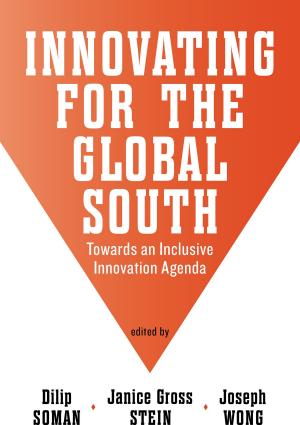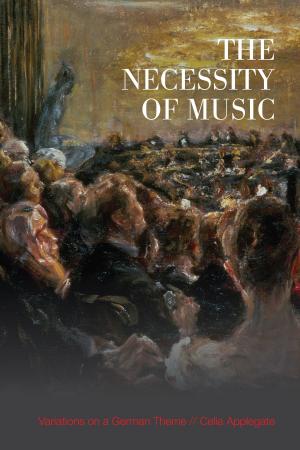Engendering Migrant Health
Canadian Perspectives
Nonfiction, Social & Cultural Studies, Social Science, Cultural Studies, Emigration & Immigration, Ethnic Studies, Health & Well Being, Health| Author: | Denise L. Spitzer | ISBN: | 9781442661226 |
| Publisher: | University of Toronto Press, Scholarly Publishing Division | Publication: | November 5, 2011 |
| Imprint: | Language: | English |
| Author: | Denise L. Spitzer |
| ISBN: | 9781442661226 |
| Publisher: | University of Toronto Press, Scholarly Publishing Division |
| Publication: | November 5, 2011 |
| Imprint: | |
| Language: | English |
Voluntary migrants to Canada are generally healthier than the average Canadian, but after ten years in the country they report poorer health and higher rates of chronic disease than those born here. Troublingly, women — particularly those from non-European countries — experience the most precipitous decline in health. What contributes to this deterioration, and how can its effects be mitigated?
Engendering Migrant Health brings together researchers from across Canada to address the intersections of gender, immigration, and health in the lives of new Canadians. Focusing on the context of Canadian policy and society, the contributors illuminate migrants' testimonies of struggle, resistance, and solidarity as they negotiate a place for themselves in a new country. Topics range from the difficulties of Francophone refugees and the changing roles of fathers, to the experiences of queer newcomers and the importance of social unity to communal and individual health.
Voluntary migrants to Canada are generally healthier than the average Canadian, but after ten years in the country they report poorer health and higher rates of chronic disease than those born here. Troublingly, women — particularly those from non-European countries — experience the most precipitous decline in health. What contributes to this deterioration, and how can its effects be mitigated?
Engendering Migrant Health brings together researchers from across Canada to address the intersections of gender, immigration, and health in the lives of new Canadians. Focusing on the context of Canadian policy and society, the contributors illuminate migrants' testimonies of struggle, resistance, and solidarity as they negotiate a place for themselves in a new country. Topics range from the difficulties of Francophone refugees and the changing roles of fathers, to the experiences of queer newcomers and the importance of social unity to communal and individual health.















